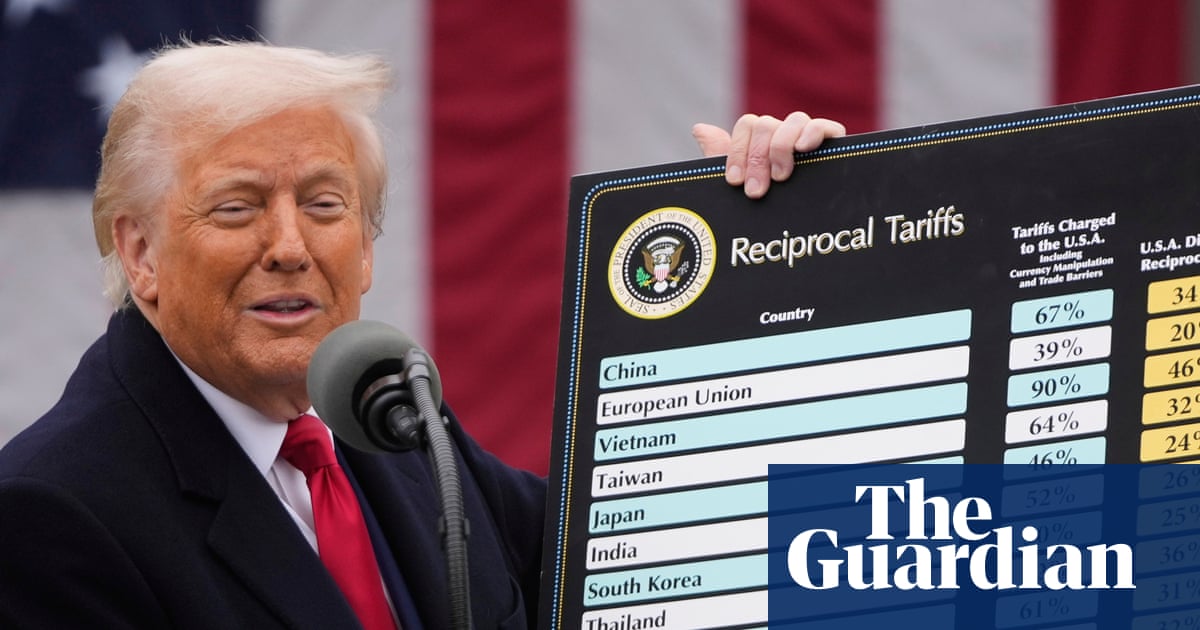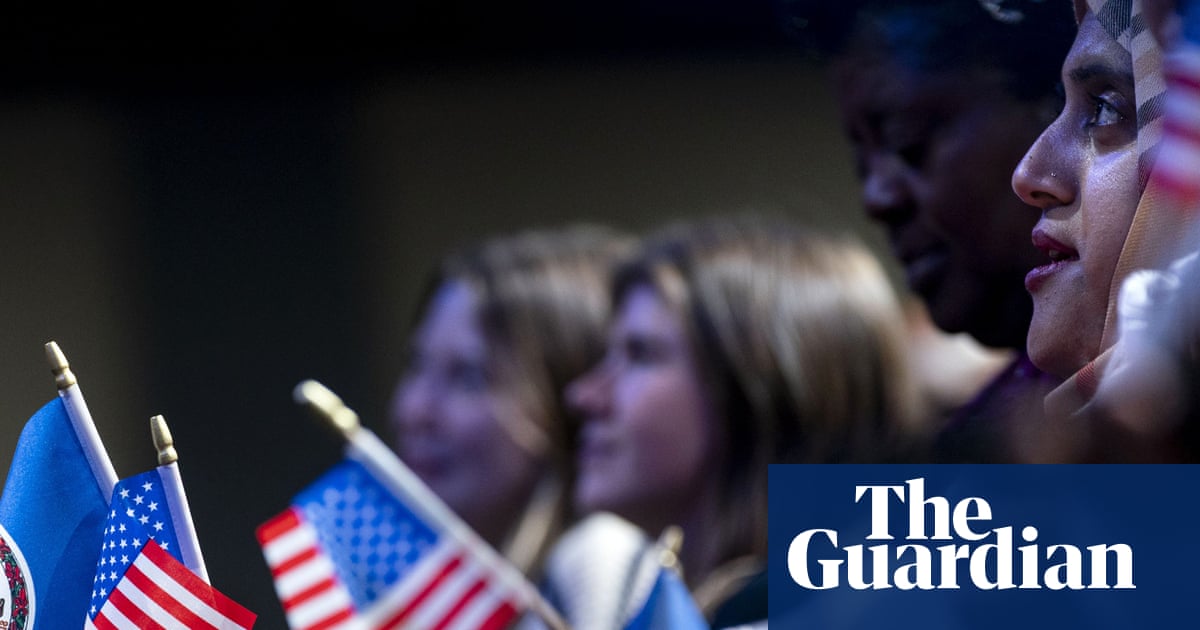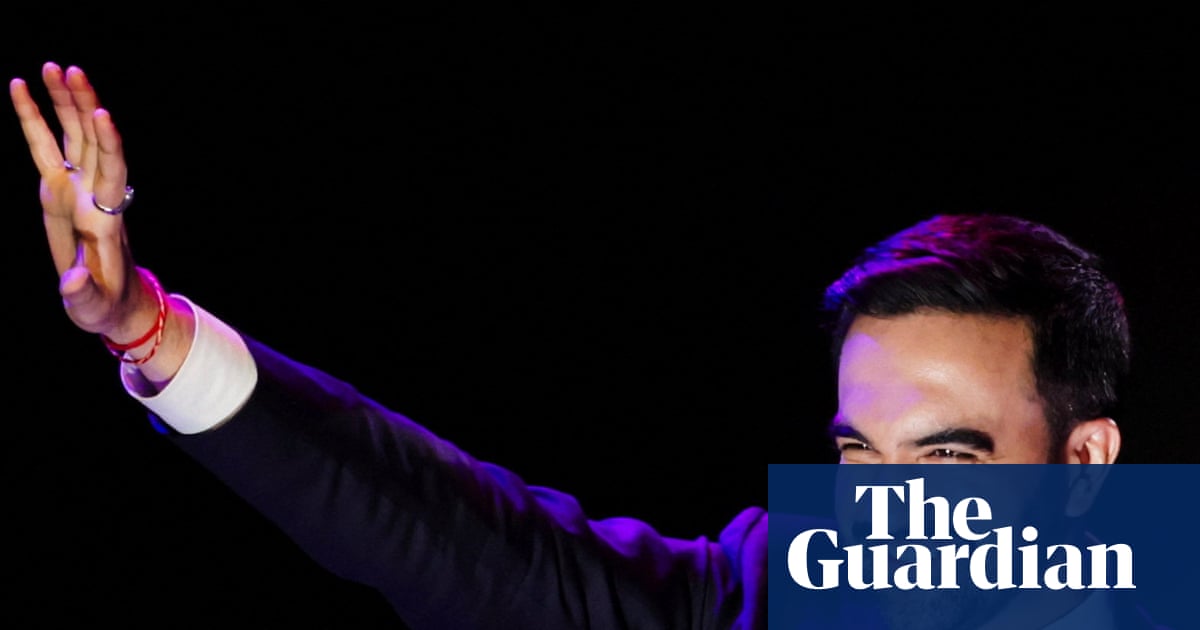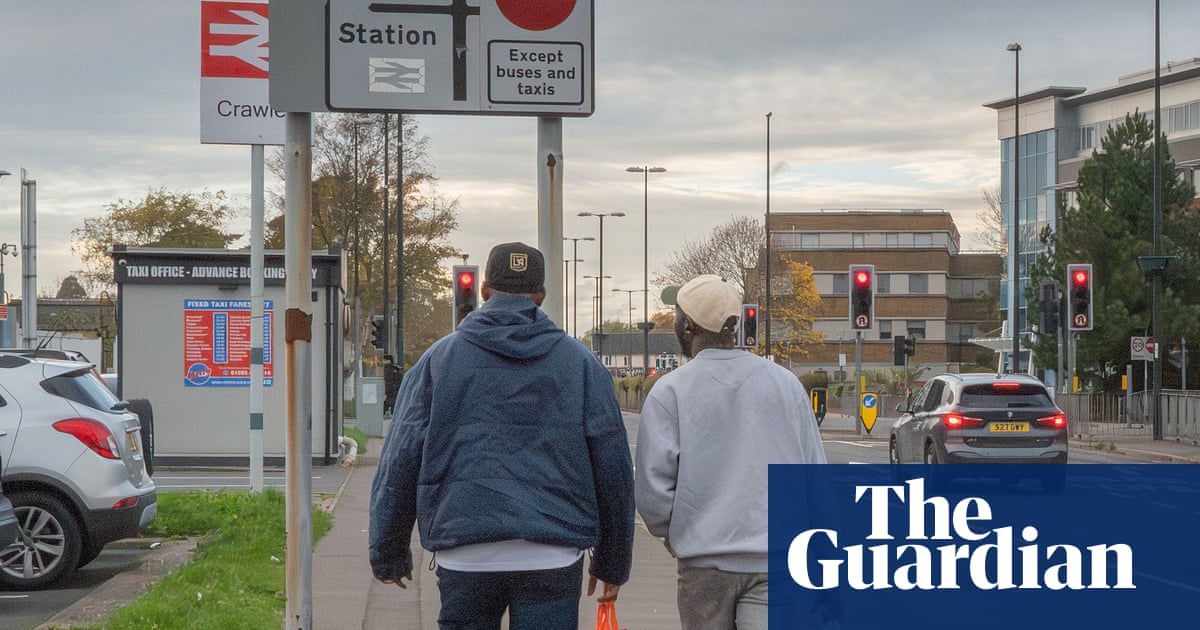‘Unions winning” declared a giant, cheerily multicoloured sign along the windy seafront side of the Brighton Centre this week. Built in the unions’ distant 1970s heyday, the hulking traditional venue for their annual TUC conference is sometimes a melancholy place, windowless meeting rooms half-full of delegates and union leaders trying to raise their spirits while talking about setbacks, betrayals and rare victories.
Yet for much of this conference the sun was out, the wind was light by Brighton standards and, inside the centre, the exhibition stand for Labour Unions, the collective body for those affiliated to the party, was plastered with uplifting posters promoting “Labour’s new deal for working people”. The employment rights bill, less comprehensive than some trade unionists would like but full of improvements never offered by New Labour, is expected to easily clear one of its final parliamentary hurdles next week.
Not since the 1970s have unions known a period when their powers are significantly expanding rather than contracting. Yet not since then, too, has there been such an unpopular Labour government – or such a menacing wave building on the radical right. With the party down to 20% in some polls, ever further below Reform UK, if we assume that Labour’s total vote of 9.7 million at the last election has fallen in line with its ratings, there may now be fewer Labour supporters, about 6 million, than there are trade unionists – who numbered 6.4 million at the last count, after almost half a century of shrinkage.
So unions find themselves in an unexpected and paradoxical position. The more the government struggles, the more it needs their support – unlike New Labour’s much more popular, less union-friendly administrations. “Let us remember, we are the real power of the Labour movement,” said Sharon Graham, general secretary of Unite, in an almost swaggering speech in Brighton on Tuesday, rapturously received in the cavernous main hall.
However, Keir Starmer’s mounting difficulties are also making it more and more likely that Labour will lose power in four years, or sooner. While Reform has made gestures of support towards some trade unionists, such as steelworkers, its MPs have voted against the employment rights bill. “We must make it easier to hire and fire,” says Reform’s website, reflecting the rightwing business interests, former Tory voters and dogmatic free-marketeers who fund and support the party. At the TUC conference this week, Reform was constantly invoked by speakers, and not in a hopeful way.
Meanwhile, expressions of cautious optimism about the employment rights bill and the government’s generally pro-union attitude, so far, were mixed with anxiety that the bill – which is scheduled to take two more years to fully become law – will be watered down as part of the government’s panicky but seemingly relentless shift rightwards. At last year’s conference, I watched the then minister for employment rights, Justin Madders, tell a bar full of pleasantly surprised delegates that fairer workplaces were essential, partly “to show people quickly the difference a Labour government can make”. Last weekend, Madders was sacked without explanation during the reshuffle after the resignation of Angela Rayner, another of the unions’ key allies. Lobbying against the bill by parts of business and their many media allies continues to be relentless.
Given these developments, should the unions get what they can, while they can? “A lot of people are of that mind,” one delegate told me. Unions have always been partly about collective self-interest: their first duty is to their members, not Labour. This was vividly clear on Monday evening, when Eddie Dempsey, the combative new general secretary of the RMT transport union, was greeted like a hero at a packed Brighton fringe meeting, cheers echoing off the low ceiling, for leading the tube strike which at that very moment was messing up the London rush hour and Sadiq Khan’s Labour mayoralty.
Yet it’s a mistake to think that only members’ gains interest unions. Even more than other TUC conferences I’ve been to, this year’s resounded with critiques of the state of the country: “excess profits”, “rotting regulators”, “asset bubbles created by corrupt policies”, “a 10-fold increase in the number of billionaires since 1990”. Ambitious proposals such as wealth taxes and restructuring the economy were equally common – along with exasperation at the government’s cautious policies.
“They’re not offering systemic solutions,” Jo Grady, general secretary of the University and College Union, not affiliated to Labour, told me. She suggested that influential figures around Starmer were more interested in “factional politics”. Strikingly, many speakers at the conference referred to his administration in cool, distancing language, as “the Labour government” or “the Starmer Labour government”, rather than “our government”.
If this party can’t satisfy trade unionists, then it’s increasingly possible that others will. One delegate I met who had had enough of Starmer – “just more austerity” – had already set up a branch of Jeremy Corbyn and Zarah Sultana’s half-formed new party. Like Reform, it floated through lots of conversations in Brighton, a spectre of more Labour troubles to come.
Meanwhile, another threat was already present in physical form. Zack Polanski, the Greens’ leftwing new leader, was a polite yet forceful participant at a fringe meeting on taxing the super-rich. “I’ve come here to listen to workers who are feeling incredibly let down by this Labour government,” he said. The party had been “corporate-captured”. His conclusion was predictable but typically pithy: “Trade unionists, your home is no longer in the Labour party.”
after newsletter promotion
The end of this 125-year relationship has often been predicted, and such forecasts will probably continue to be premature. Labour, and what it can and can’t do for trade unionists, still permeated the talk in Brighton, from animated delegates arguing or agreeing in the conference centre’s draughty bars and corridors to set-piece speeches in the main hall. Addressing the latter, Bridget Phillipson, the education secretary and favourite for Labour deputy leader, insisted that the employment rights bill would be enacted “in full”.
Her fluent and personal speech – perhaps also an early pitch for Labour’s more senior job – got only respectable applause. Labour and the unions are wary of each other now, despite what the government still looks likely to do for workers. As with the wider electorate, “delivery” is not bringing the rewards Starmer expected. If that disconnect continues, and Reform takes power, then this week’s TUC conference, tetchy and anxious though it often was, may seem like something from a lost golden age.
-
Andy Beckett is a Guardian columnist

 1 month ago
33
1 month ago
33

















































